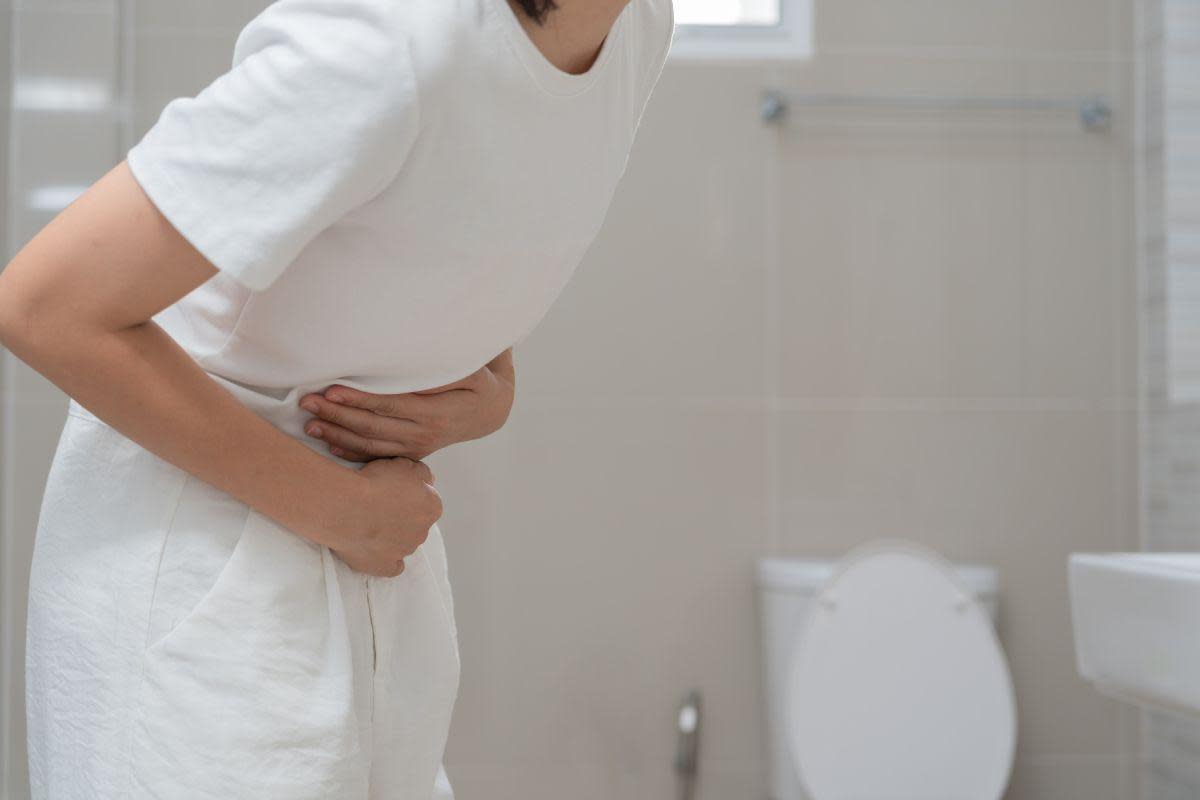E-coli cases rose by nearly 79% in May compared to month before, new data shows

NEW data has revealed that e-coli cases rose by almost 79% in Wales in May 2024, compared to the month before.
The most recent data from the Public Health Wales team showed a dramatic rise in cases of Escherichia coli, or e-coli, in May 2024.
A spokesperson for Public Health Wales, said this of the figures collected in June 2024: "29 cases have now been identified in Wales, distributed across the country with no geographical clusters. 45 per cent of the cases have been hospitalised."
The graph shows a rise in cases in May, with a fall in cases in June (though the month is not yet over).
The Public Health Wales spokesperson added: "Public Health Wales is working with colleagues in the UK Health Security Agency, the Food Standards Agency, local authorities and other partners to investigate an increase in cases of Shiga toxin-producing E.coli (STEC) across the UK, including in Wales, over the last five weeks."
What is e-coli?
Escherichia coli O157, known as e-coli or STEC, is a bacterial infection which can cause severe bloody diarrhoea.
It is often transmitted via consumption of contaminated food but can also be spread by close contact with an infected person, as well as direct contact with an infected animal or its environment.
Wendi Shepherd, consultant in health protection for Public Health Wales, said: “STEC is a nasty infection and can make people seriously unwell – it can be particularly difficult for young children, the elderly and those with weakened immune systems.
Wendi Shepherd, consultant in health protection for Public Health Wales, said: “STEC is a nasty infection and can make people seriously unwell. (Image: Canva)
“Public Health Wales is working with our partners across the UK and within Wales to identify the source of this incident. We have given clinical management guidance to healthcare providers across the country.
“I would advise anyone who has bloody diarrhoea or severe stomach cramps to seek medical attention. If you are affected you should take care to wash hands thoroughly with soap and warm water, and clean surfaces thoroughly to prevent transmission of the infection.
“You should also avoid seeing other people or preparing food for them if you experience diarrhoea and vomiting, especially people in hospital or care homes.
"Do not return to work, school, nursery or similar settings until 48 hours after your symptoms have stopped.”
Data on cases reported to the Aneurin Bevan University Health Board have not yet been released.
The NHS 111 service offers the following advice if you are experiencing vomiting or diarrhoea, with the most important piece of advice being to take in lots of fluids to avoid dehydration.
Do:
stay at home and get plenty of rest
drink lots of fluids, such as water or squash – take small sips if you feel sick
carry on breast or bottle feeding your baby – if they're being sick, try giving small feeds more often than usual
give babies on formula or solid foods small sips of water between feeds
eat when you feel able to – you don't need to eat or avoid any specific foods
take paracetamol if you're in discomfort – check the leaflet before giving it to your child
Don't:
do not have fruit juice or fizzy drinks – they can make diarrhoea worse
do not make baby formula weaker – use it at its usual strength
do not give children under 12 medicine to stop diarrhoea
do not give aspirin to children under 16
How long diarrhoea and vomiting last
In adults and children:
diarrhoea usually stops within 5 to 7 days
vomiting usually stops in 1 or 2 days

 Yahoo News
Yahoo News 
